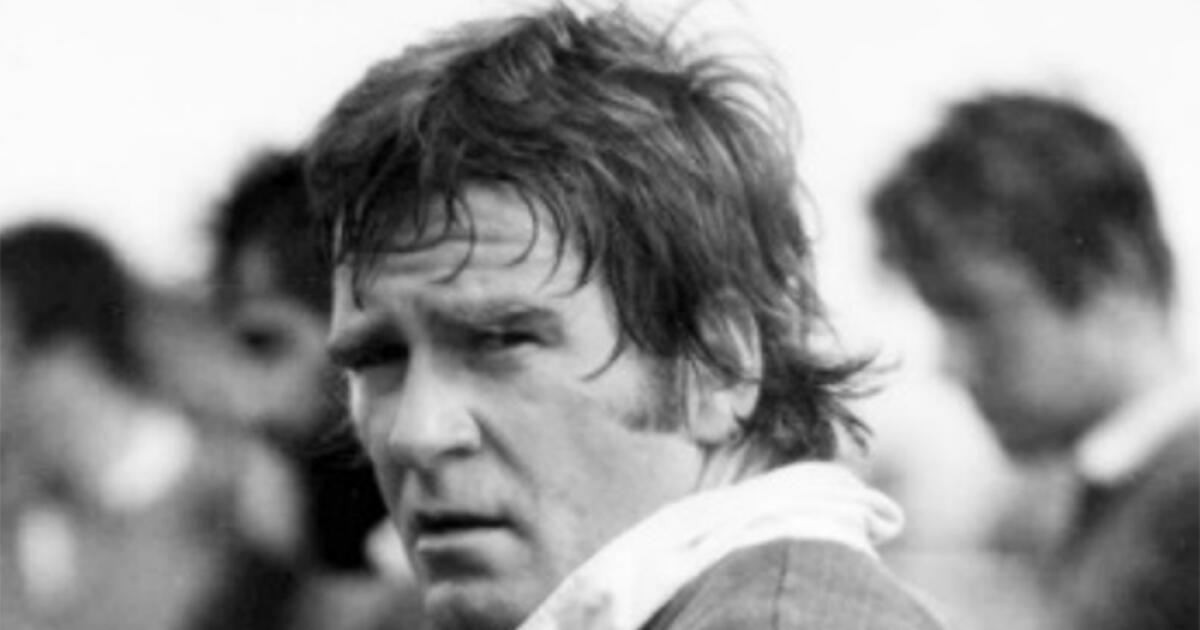UCLA gets $17.3 million from donor for football, men’s basketball
Bob Chesney and Mick Cronin have a new major ally in their bid to compete in the Big Ten.
A $17.3-million gift from late alumnus and longtime donor Lawrence “Larry” Layne will benefit the UCLA football and men’s basketball programs, giving them essential financial resources as they try to keep up with their cash-infused conference counterparts.
The football team will receive $9.6 million and the men’s basketball program $7.7 million as part of Layne’s more than $40-million pledge to various university programs. The donation to the athletic department is believed to be the biggest in more than a decade.
“I would like to express my heartfelt gratitude for Larry’s longstanding history of generosity to both campus and the athletic department, including this transformational gift,” UCLA athletic director Martin Jarmond said in a statement. “I am fortunate to have spent time with Larry and get to know his deep passion for UCLA Athletics, particularly his desire to help our football and men’s basketball programs thrive in this new era of collegiate sports. His investment in our programs positions us, and future generations of Bruin athletes, for long-term success.”
A former men’s rugby player and women’s rugby coach at UCLA, Layne received his master’s of business administration from the school in 1977 and went on to found Nova Storage. He was a fan of multiple Bruins sports and a donor for six decades, his generosity extending beyond his passing in December 2024 at 75.
Layne has supported UCLA athletics since giving to the women’s rugby club in 1979 and becoming the team’s first coach. He also supported the renovation of Pauley Pavilion and the construction of the Wasserman Football Center. Over the years, he’s also given to UCLA baseball, softball, women’s tennis and men’s water polo, his gifts totaling $18.8 million, including his latest donation.
“As a former UCLA student-athlete and coach, Larry fully understood the hard work and determination that was needed to be at his best both on and off the field,” Chesney said, “and this incredibly generous gift will make a big impact on helping us build a championship football team. I am very grateful to Larry and his wife Sheelagh for their support of UCLA and our football program. We will make sure that Larry’s legacy lives on by continuing to support our student-athletes and upholding our university’s True Bruin values.”
Layne’s gift also includes $11.4 million to UCLA Health, assisting research in cardiology and hepatology; $5.7 million to the UCLA Anderson School of Management to support entrepreneurial and real estate studies; $3.8 million to men’s rugby; and $1.9 million to UCLA’s Center for the Art of Performance.
Cronin, who has spoken about wanting to be the moneyed Dodgers of college basketball instead of the cash-strapped Cincinnati Reds, will now be closer to reaching that status thanks to this gift.
“I would like to thank Larry for his generosity and long-time support of our athletics department, specifically toward our men’s basketball program,” Cronin said. “This university has so many fantastic resources for its student-athletes, but we simply would not be able to thrive if not for the generosity of our many loyal donors such as Larry. His generous gift will help us in the future as we continue to build a basketball program with elite young men who all of our fans can be proud to support.”
A graduate of Sylmar High, where he was captain of the football team, Layne later raised money to install lights for the school’s football field and went on to attend Occidental College before going to UCLA for graduate school. His lifelong love of rugby took him to London to play for the Harlequins, and his Los Angeles team was known as the Flying Pumpkins.
